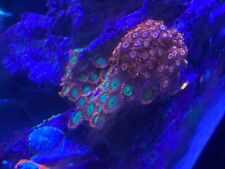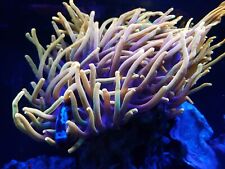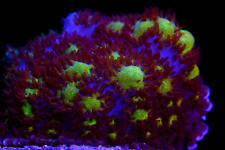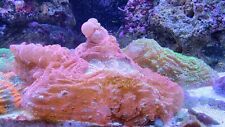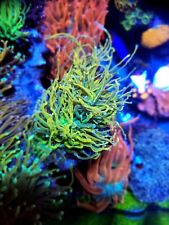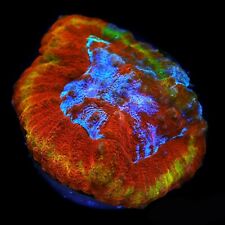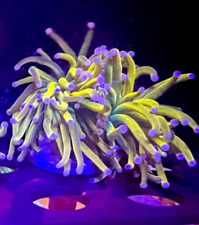Is My Cat Showing Signs of Kidney Failure?

My cat is 14 years old and an indoor cat. The past week she has been refusing to eat her wet food, and eats very little dry food. She has lost 4 pounds. She drinks lots of water and urinates often (no blood in urine), but she meow's loudly after urinating. Is she showing signs of kidney failure?

Unlike in dogs, only about 45% of cats that have a chronic kidney problem demonstrate excessive thirst and urination; and many diseases and ailments can induce such a thirst: therefore you should not assume this is what is causing your cat’s behavior. In addition, most cats with impending kidney failure suffer from vomiting, which you would be aware of given that your cat lives indoors. Your cat would also be noticeably listless and possibly have bad breath and a deteriorating coat quality. In advanced cases, kidney failure results in very high blood pressure, which can manifest itself in highly dilated pupils.
Increased thirst can also be an indication of cystitis, which is an inflammation of the bladder, and is normally accompanied by behavioral changes such as passage of only small amounts of urine at a time and urinating away from the litter box. If not treated early, this can actually result in kidney damage because of the pressure exerted by the enlarged bladder. Hyperthyroidism is common in older cats and will result in increased thirst and a change in appetite (increased or decreased). This is caused by an enlarged thyroid gland and the subsequent increase in thyroid hormones produced.
You need to have your cat checked out by your regular veterinarian. To rule out kidney disease, your vet needs to give a thorough physical examination and a blood panel. The two most common indicators of kidney malfunction are revealed by the creatinine and Blood Urea Nitrogen (BUN) tests, which measure the ability of the kidneys to filter out various compounds.

saltwater coral show tank for sale over $15,000 in corals
$5500.00
Chicago Sunburst Anemone - WYSIWYG
$2000.00
CORALS OF EDEN ~ Phoenix Firestorm Bounce Mushroom Frag -Live Coral for Sale LPS
$1999.99
indonesian red and yellow bouncing acanthophyllia.
$2000.00
holy grail torch coral wysiwyg
$1450.00
CORALS OF EDEN ~ Ring of Fire Lobo Coral Colony ~ Live Coral for Sale Frag LPS
$1399.99
Dimmable LED Aquarium Light Salt Water Fishtank Hard SPS LPS Soft Coral Reef 120
$1425.00
Blowtorch Holy Grail Torch Coral WYSIWYG HG AQUACULTURED
$1200.00
OG Holy Grail ASD Torch 2 Heads Euphyllia Coral WYSIWYG Frag Rare Live LPS
$1199.99
Black Widow Bubble Tip Anemone X8 Plus Rock
$1200.00
